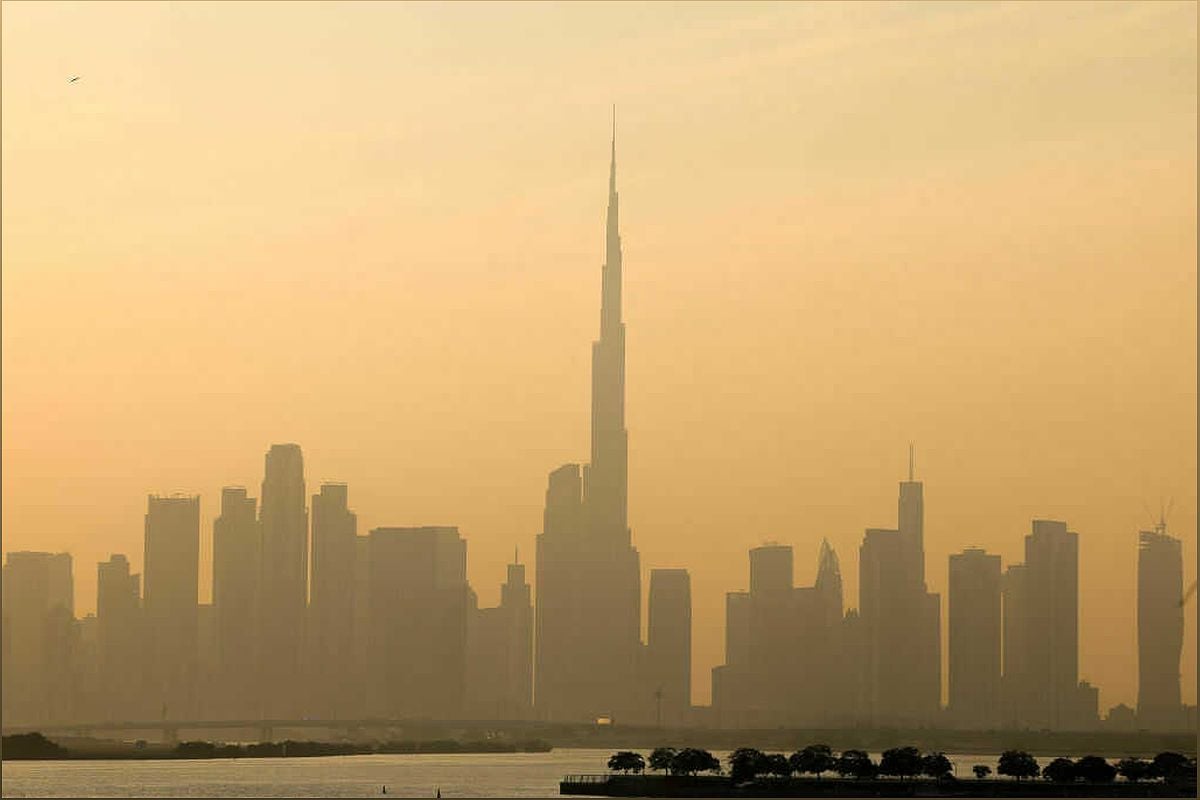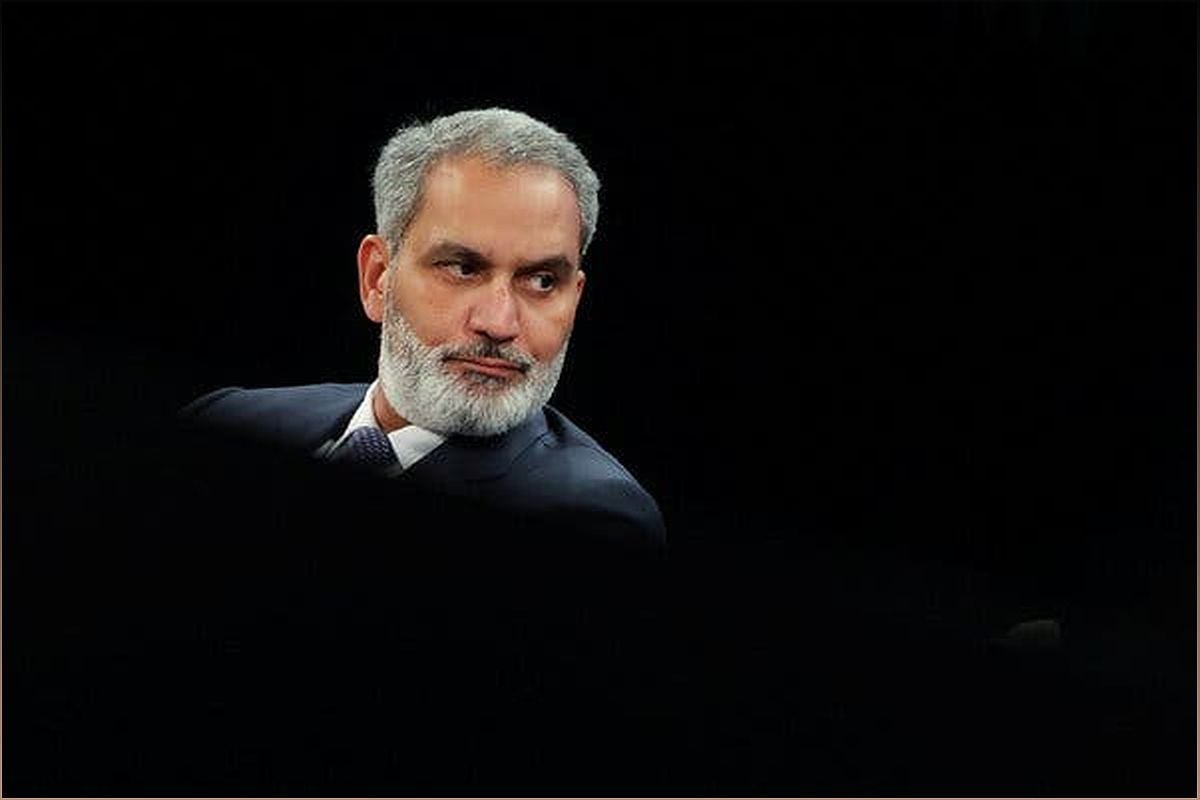The Impact of Fossil Fuel Industry on Air Pollution in the UAE
In this article, Emma Wilson delves into the concerning issue of air pollution in the United Arab Emirates (UAE) resulting from the country’s heavy reliance on the fossil fuel industry. She highlights the implications of this pollution on climate change and the challenges faced at the COP28 climate talks. With a focus on the UAE’s role as a major oil and gas producer, Emma explores the potential conflicts of interest between oil companies and the urgent need to reduce carbon emissions. Join her as she uncovers the stakes involved in these crucial climate negotiations and the importance of transitioning away from fossil fuels to mitigate the impact of climate change.
The Impact of Air Pollution in the UAE
Air pollution in the UAE has reached alarming levels, primarily due to the country’s heavy reliance on the fossil fuel industry. The emissions from burning oil and gas have resulted in severe consequences for both the environment and public health.

The pollution has led to hazy skies, reduced visibility, and health issues such as respiratory problems. The UAE, known for its modern skylines and world-class attractions, is now facing the urgent need to address this pressing issue.
The Role of the Fossil Fuel Industry
The United Arab Emirates is one of the world’s largest oil and gas producers, making the fossil fuel industry a significant player in the country’s economy. However, this reliance on fossil fuels poses a challenge in combating climate change.

At the COP28 climate talks, concerns have been raised about the influence of oil companies and their potential conflict of interest in shaping climate policies. Balancing economic growth with the urgent need to reduce carbon emissions is a complex task.
Challenges at the COP28 Climate Talks
The COP28 climate talks, held in the United Arab Emirates, bring together world leaders, activists, scientists, and business executives to address climate change. However, the presence of oil and gas producers raises concerns about the influence of fossil fuel interests on the negotiations.

The challenge lies in finding common ground among nearly 200 countries with diverse interests and priorities. The final text at COP28 will determine the world’s next steps in addressing climate change and requires consensus from all participating nations.
The Urgency of Transitioning Away from Fossil Fuels
Scientists emphasize the urgent need to transition away from fossil fuels to limit global temperature rise. The burning of oil and gas contributes significantly to carbon dioxide emissions, which drive climate change.
To achieve the goal of limiting temperature rise to 1.5 degrees Celsius, drastic cuts in carbon emissions are necessary. However, this poses a challenge for oil and gas-producing countries like the UAE, as it impacts their economies heavily reliant on these industries.
Transitioning to renewable energy sources is crucial to mitigate the impact of climate change and ensure a sustainable future. It requires a collective effort from governments, industries, and individuals to reduce dependence on fossil fuels and embrace cleaner alternatives.
The Implications for Climate Change
The high levels of air pollution in the UAE contribute to climate change, with implications for the entire planet. The burning of fossil fuels releases greenhouse gases, such as carbon dioxide, which trap heat in the atmosphere and lead to global warming.
If global temperatures continue to rise, the world will experience more frequent and severe droughts, fires, storms, and the loss of vital ecosystems. The urgency to address climate change and reduce carbon emissions cannot be overstated.
The Path Forward: Balancing Economic Growth and Environmental Responsibility
The transition to cleaner energy sources requires a delicate balance between economic growth and environmental responsibility. Countries like the UAE, heavily reliant on the fossil fuel industry, face the challenge of diversifying their economies while ensuring a sustainable future.
Investments in renewable energy projects and commitments to reduce carbon emissions demonstrate a step in the right direction. However, it is essential to address the potential conflicts of interest and prioritize the long-term well-being of the planet over short-term economic gains.
